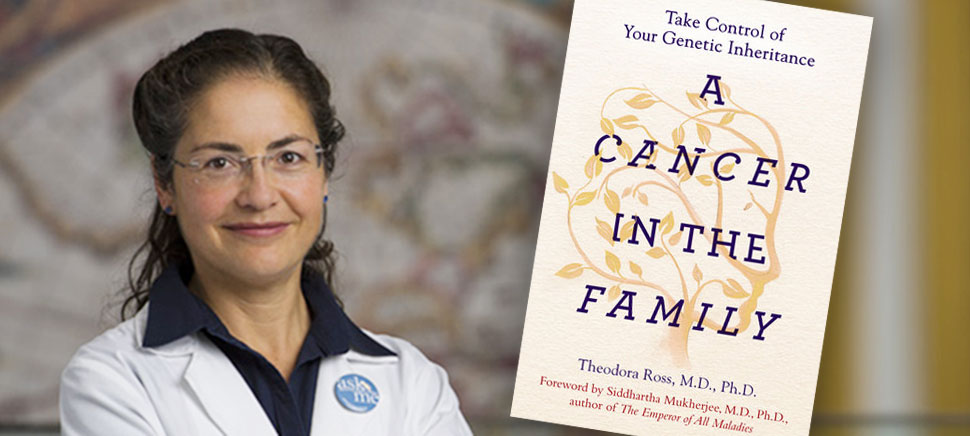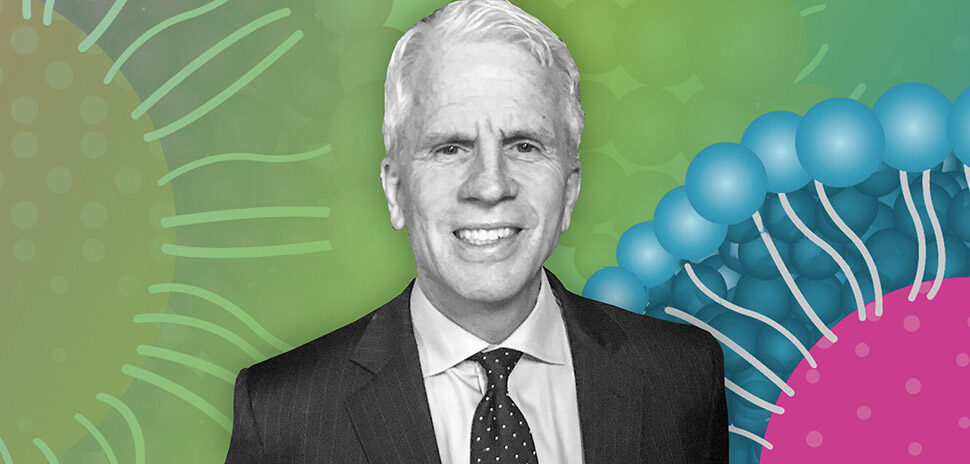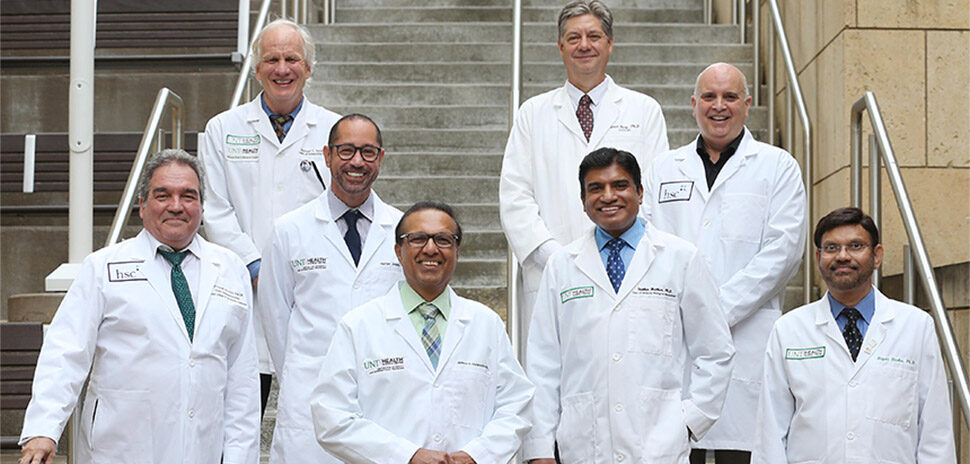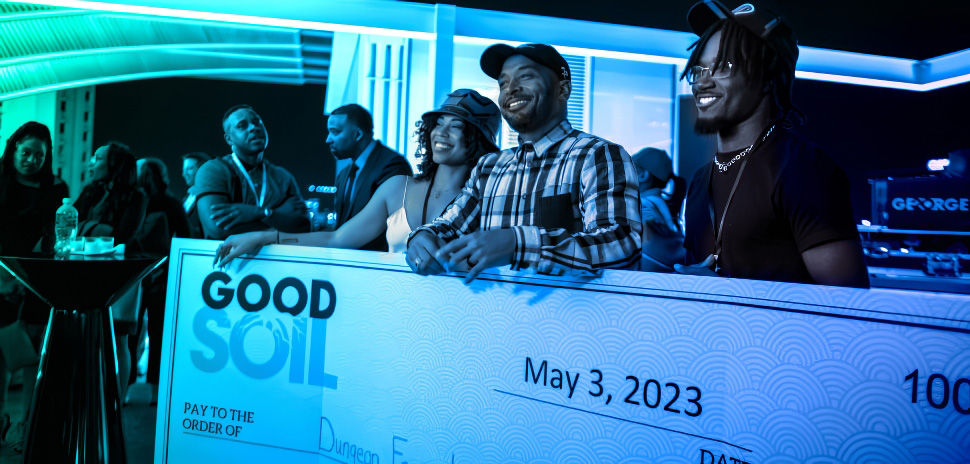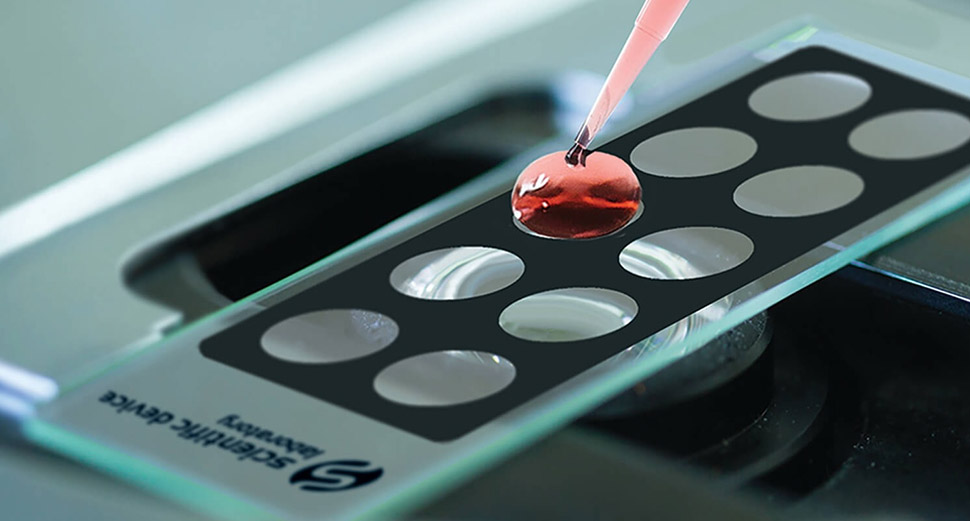We connected with Dr. Theodora Ross, author of “A Cancer in the Family: Take Control of Your Genetic Inheritance,” on why she came to DFW, why she wrote the book, UT Southwestern’s work in cancer genetics, and her thoughts on how we can battle cancer more effectively.
We are so proud you are making huge strides in the field of cancer genetics from DFW. Can you tell us more about what brought you to UT Southwestern, and its work in cancer genetics?
The great opportunity at UT Southwestern was to direct the UTSW Cancer Genetics Program. At the University of Michigan where I’d worked for 12 years, I was running a basic science lab that worked on the basic biology of cancer and caring for breast cancer patients. The connection between the lab and the clinic was limited and I was hopeful that someday there would be more feedback between the two. When I was given the opportunity to move to Dallas to direct the UTSW Cancer Genetics Program, I was overjoyed. Since then, I have worked to align a good portion of my laboratory’s work—my lab group and I feel reinvented, invigorated—with the genetics clinic.

Dr. Theodora Ross, Photo: UT Southwestern
UT Southwestern’s Cancer Center has generously supported the cancer genetics program both financially and emotionally. There are very few universities that provide the kind of support our program receives. Many cancer centers are focused on tumor genetics, and genetic inheritance is orphaned. The other great thing is that the DFW geographic area is so large. Our program counsels more than 3,000 cancer genetics patients a year. We have ten genetic counselors and whenever we have an interesting patient or family we work to enroll them in our research. Without such amazing genetic counselors who know the science of DNA and how mutations run through families better than they know their own families, none of our research on human genetics can be done.
With a very busy schedule already, why did you decide to write a book?
I jumped on the opportunity to write the book for three reasons: 1.) To make sure I was up to date for the cancer genetics patients and keep up with our cancer genetic counselors; 2.) I enjoy writing, and 3.) To provide our patients with a needed resource—not necessarily in that order.
How can we help more people battle cancer by means of genetic research?
It would be great for people to internalize what kind of time and effort are behind solid research. The reality is that it’s years of going up alleys morning, day, and night hoping for one out of many to not be blind. Until we build a solid cancer genetics research foundation, we can’t make promises for how it will “cure” cancer. The overpromising that happens continuously out there is not helpful and is a repeat of past failures to deliver. I think if we support investigation into the fundamentals of genetics and cancer by talented scientists and doctors with patience, we’ll make more and faster headway for future patients.
For a daily dose of what’s new and next in Dallas-Fort Worth innovation, subscribe to our Dallas Innovates e-newsletter.










